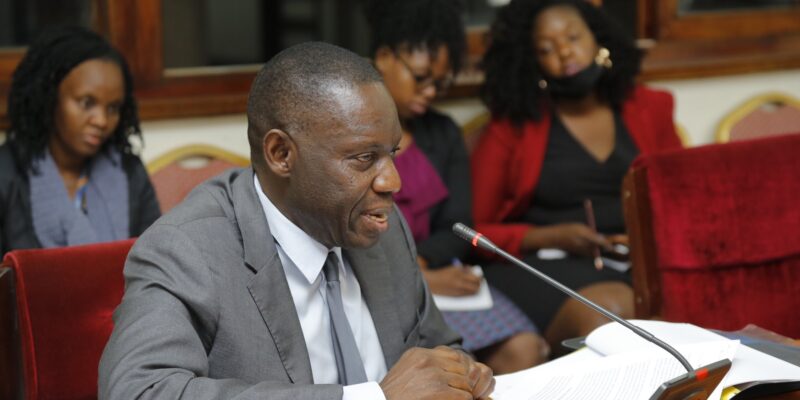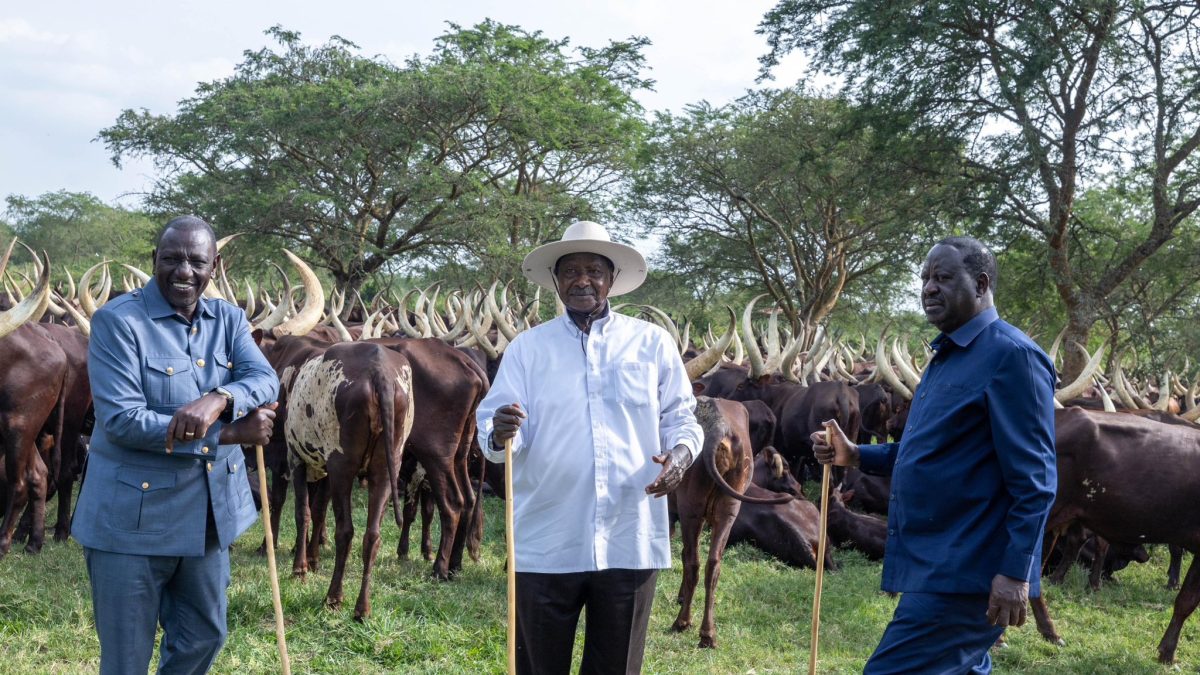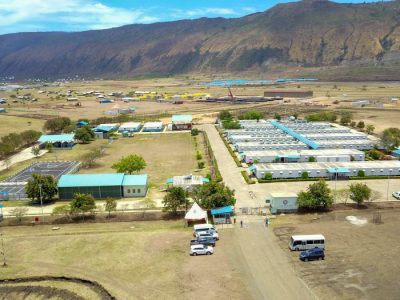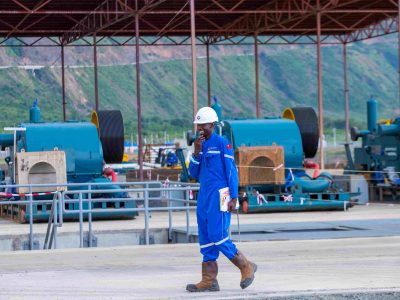
Michael Atingi-Ego, Bank of Uganda’s acting governor, says the country hopes to offset its debt burden using oil revenues once production starts in 2025 as projected.
Uganda is currently servicing a debt of about $900 million, the governor said.
“We have advised government that any commercial loans it contracts should have a grace period of four years. We’re already burdened with a $900 million debt service payment over the next four years so we don’t want anything to mature within that timeframe,” Atingi-Ego told the Finance Committee of Parliament earlier this week.
Appearing before the same committee, Ramathan Ggoobi, the Permanent Secretary/ Secretary to the Treasury, Ministry of Finance Planning and Economic Development (MoFPED) also highlighted the importance of the oil and gas industry to the country’s currently shaky economy.
“Very soon we are going to be announcing the final investment decision (FID) on the refinery and (we expect) a number of foreign direct investments coming here to support our own investments,” he said.
Uganda intends to refine some of its oil, with the largest amount exported through a pipeline to Tanzania. Both the oil pipeline and the refinery are expected to attract investments worth more than $20 billion.
The central bank expects proceeds from commercial oil production to cushion whatever maturity will fall on the loans after four years because Uganda’s First Oil is expected in 2025.
“This assumption is heavily dependent on commercial oil production taking place. And if it doesn’t materialize, then we know we run the risk,” Atingi-Ego added.
To mitigate this risk, the government was looking at other options in case First Oil did not materialize within the projected timeframe, including interventions in agriculture and the Parish Development Model (PDM) meant to increase commercial productivity across various spheres of the economy, the governor said.
Slippery Slope
In 2019, the then BoU governor, the now deceased Emmanuel Tumusiime-Mutebile, warned that the expectation of oil revenues had pushed Uganda to go for more expensive loans to finance infrastructure projects.
Mutebile said then that the opportunity to borrow non-concessional – expensive money – to meet infrastructure needs had become tempting, especially in anticipation of oil revenues, which served as collateral for borrowing from international markets.
Before that, Mutebile had told parliament’s ad hoc committee on oil and gas in 2011 that $449.4 million meant to replenish forex reserves had been used to purchase fighter jets after President Yoweri Museveni assuring him that oil revenues would be used to reload the account.
All in all, the eight fighter jets and other military hardware from Russia cost about $744 million.









